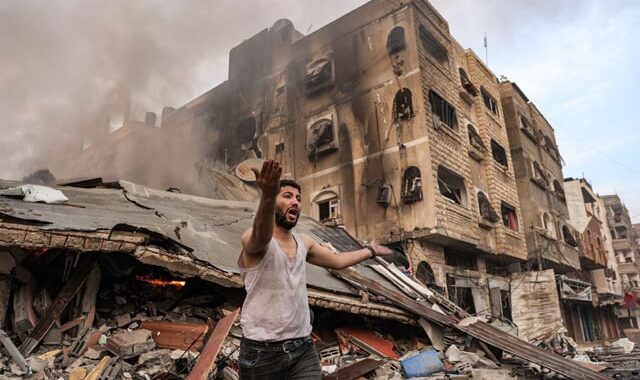
WEEKLY RECAP: OCT 9 TO 15
Oct 16: Death toll under Israeli siege of Gaza rises to 2,670, Former Haitian Senator pleads guilty to presidential assasination, The UK’s King Charles to recognise British
colonial atrocities in Sudan

Oct 16: Death toll under Israeli siege of Gaza rises to 2,670, Former Haitian Senator pleads guilty to presidential assasination, The UK’s King Charles to recognise British
colonial atrocities in Sudan
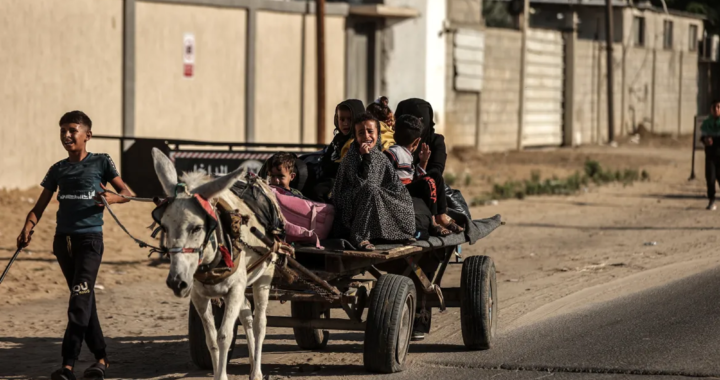
Oct 9: Hamas launches surprise attack on Israel, Afghanistan earthquake kills 2,000, Spain rescues 262 migrants off the Canary Islands
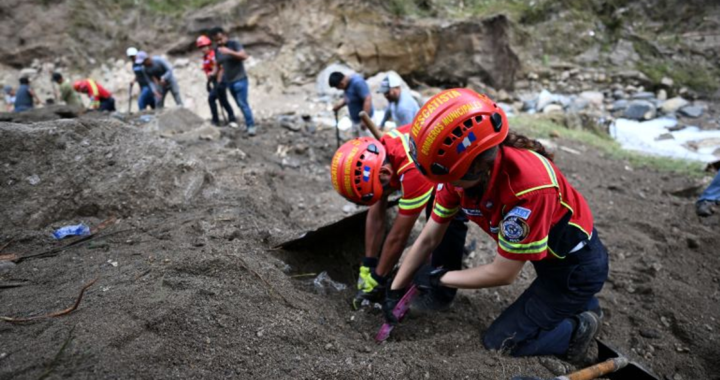
Oct 2: The United States averts a government shutdown, Erodgan hails Nagorno-Karabakh as a victory, Palestine receives first ever official Saudi envoy in 30 years

Migraines, chronic back pain, Irritable bowel syndrome, inflammatory autoimmune conditions — why do humans living in such developed countries still have such health conditions to deal with? Wouldn’t we expect our modern standard of living to grant us better health, with fewer illnesses and diseases? With all that technology has given us, how has it not granted us better health conditions?

Sept 25: The United States extends legal statuses to nearly half a million Venezuelans, hundreds of armenians flee Nagorno-Karabakh
due to ethnic cleansing fears, China pledges support for Syria’s reconstruction efforts
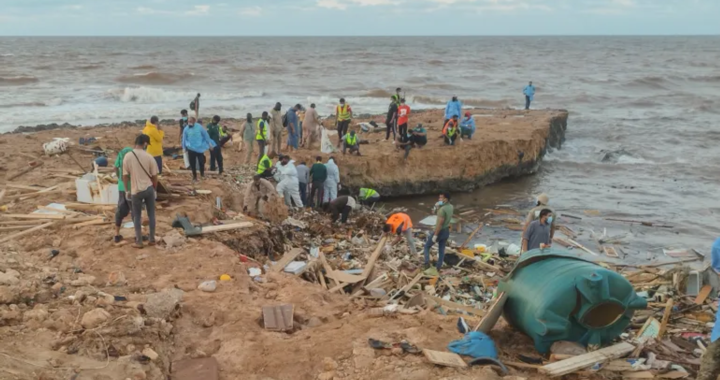
Mexican court convicts former police officers for the killing of 17 migrants, Iran readies for prisoner swap with the United States, Search-and-rescue efforts continue in Libya

Language has always had a profound and multifaceted psychosocial impact on individuals and societies. It shapes our identities, influences our perception of others, and is a tool which we use to decipher first impressions. Accent bias can even influence our social standing and affect employment opportunities.
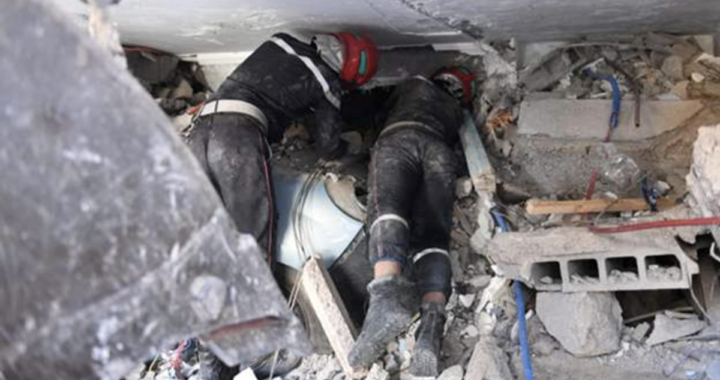
Sept 11: The United States deports dozens of Haitians amid crime wave, Russia holds local elections in occupied Ukrainian territories, More than two thousand people killed in 6.8 magnitude earthquake in Morrocco.
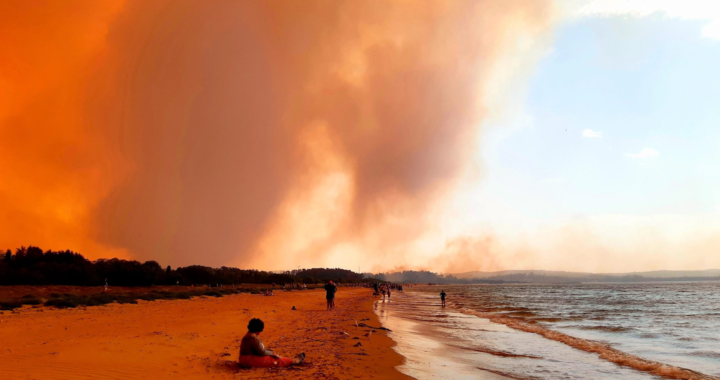
Over the past century, the world has witnessed a concerning deterioration of its environment. Advancements in transportation, industrialisation, and the onset of globalisation, particularly in the mid-twentieth century, have accelerated this environmental decline. While the consequences of global warming may not have been immediately apparent in earlier decades, they have become significantly more pronounced today. The question now looms: will global warming escalate into global boiling? What actions can we take to halt this trend, and is it within our capacity to do so?

Sept 4: Finland introduces new anti-racism policy, Syrian protestors demand al-Assad’s resignation, Gabon suspended from African Union due to military coup